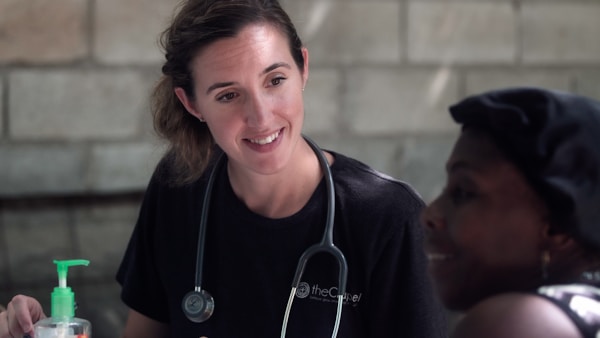Do you want to become a registered nurse but don’t have time to go through the long process of getting a nursing license? A compact-state nursing license available in nursing compact states could be the answer. Keep reading to learn more about what a compact-state nursing license is and how it can help you in your nursing career.
What is a compact-state nursing license?

A compact-state license is a type of license that allows registered nurses (RNs) to practice in multiple states without obtaining additional licenses. The Nurse Licensure Compact (NLC) is an agreement between participating states that allows RNs to hold a single license that is valid in all states that are members of the compact. As of 2021, there are 34 states that participate in the NLC, which includes the majority of the United States.
What are the benefits of having a compact-state nursing license?
A compact-state license for nursing is a type of license that allows nurses to practice in multiple states within the Nurse Licensure Compact (NLC) without having to obtain additional licenses. This can provide many benefits for nurses who work in healthcare. One of the primary benefits is increased flexibility and mobility. Nurses with compact licenses can work in multiple states without having to go through the lengthy and costly process of obtaining multiple licenses. This can make it easier for nurses to take advantage of job opportunities in different states and travel for work. Additionally, it can help address nursing shortages in certain areas by allowing nurses from other states to work there.
Another benefit of having a compact license is increased access to care for patients. Nurses with a compact license can practice across state lines, which can be especially helpful in rural areas or in areas with a shortage of healthcare professionals. This can help ensure that patients have access to the care they need, regardless of where they live. The compact-state license also promotes consistency in nursing regulation and standards across participating states, which can help protect the public and maintain high standards of care.
What US state offer compact-state licenses for nursing?

The Nurse Licensure Compact (NLC) is an agreement between participating US states that allows nurses to practice in other states that are also part of the compact. As of September 2021, there are currently 34 states that offer compact-state licenses for nursing, including Arizona, Colorado, Florida, Georgia, Idaho, Iowa, Kansas, Kentucky, Louisiana, Maine, Maryland, Mississippi, Missouri, Montana, Nebraska, New Hampshire, New Mexico, North Carolina, North Dakota, Oklahoma, South Carolina, South Dakota, Tennessee, Texas, Utah, Virginia, West Virginia, Wisconsin, and Wyoming.
How can nurses attain a compact license?
Nurses can attain a compact license through the Nurse Licensure Compact (NLC) program, which allows nurses to practice in multiple states under one license. To obtain a compact license, nurses must hold an active license in their primary state of residency, which must be a member of the NLC. Nurses must also meet the NLC’s eligibility requirements, which include passing the National Council Licensure Examination (NCLEX) and completing a background check.
Once the eligibility requirements are met, nurses can apply for a compact license through their primary state of residency’s board of nursing. The process may involve submitting an application, paying fees, and providing documentation of licensure and eligibility. Once the compact license is obtained, nurses can practice in any other NLC member state without having to obtain additional licenses.
Altogether, the compact state nursing license is an important tool for nurses to be able to practice in multiple states without having to obtain a separate license for each one. This allows for increased portability and flexibility for nurses and provides them with greater opportunities for career advancement.




